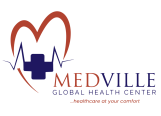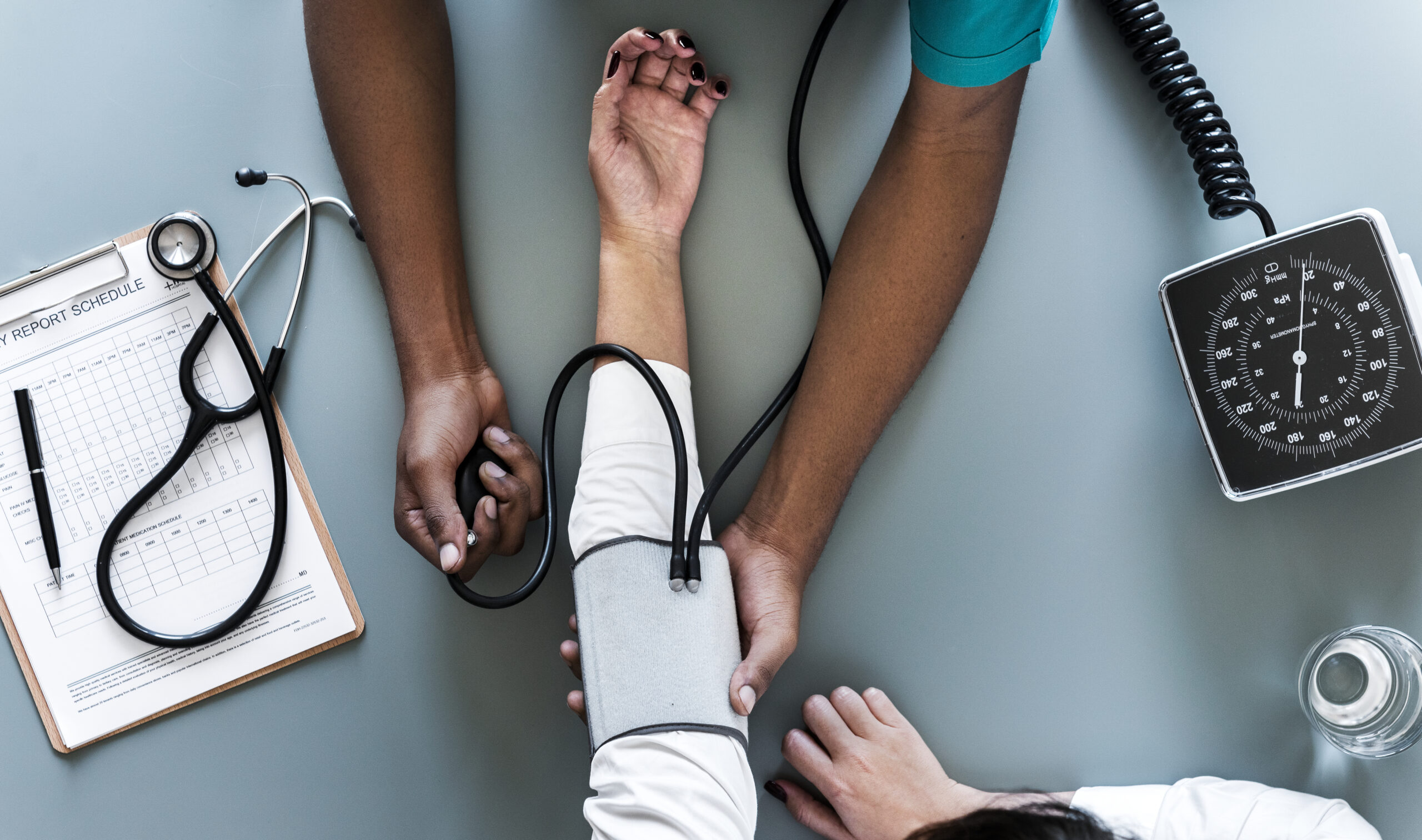Hypertension, commonly known as high blood pressure, is often referred to as the “silent killer” because it rarely presents obvious symptoms until it has already caused significant damage. Millions of people worldwide suffer from hypertension, making it one of the leading causes of heart disease, stroke, and kidney failure. The good news? Regular blood pressure (BP) checks and lifestyle changes can help prevent and manage this condition.
In this article, we will explore the dangers of hypertension, why regular BP checks are crucial, and how to keep your blood pressure under control.
Understanding Hypertension
Blood pressure is the force exerted by blood against the walls of your arteries. It is measured in millimeters of mercury (mmHg) and is represented by two numbers:
- Systolic Pressure (Top Number): The pressure when your heart beats.
- Diastolic Pressure (Bottom Number): The pressure when your heart rests between beats.
What is Considered High Blood Pressure?
According to the World Health Organization (WHO) and the American Heart Association (AHA), blood pressure levels fall into these categories:
- Normal: Less than 120/80 mmHg
- Elevated: 120-129/<80 mmHg
- Hypertension Stage 1: 130-139/80-89 mmHg
- Hypertension Stage 2: 140/90 mmHg or higher
- Hypertensive Crisis: Higher than 180/120 mmHg (seek emergency care)
Hypertension can develop over years and, if left unchecked, increases the risk of life-threatening health complications.
Why Hypertension is Called the “Silent Killer”
Unlike other conditions that come with warning signs, hypertension can go unnoticed for years. Many individuals only discover they have high blood pressure after experiencing a severe health event like a heart attack or stroke. Some people may experience:
- Frequent headaches
- Dizziness
- Blurred vision
- Chest pain
- Shortness of breath
However, these symptoms often appear only when blood pressure reaches dangerously high levels, making regular BP checks essential for early detection and prevention.
The Dangers of Untreated Hypertension
If left uncontrolled, high blood pressure can lead to:
1. Heart Disease & Stroke
Hypertension increases the risk of heart attacks, heart failure, and strokes by putting excessive strain on the heart and arteries.
2. Kidney Damage
High blood pressure can damage the kidneys over time, leading to kidney disease or failure, requiring dialysis or a transplant.
3. Vision Loss
Uncontrolled hypertension can cause damage to the blood vessels in the eyes, leading to blurred vision or even blindness.
4. Cognitive Decline & Dementia
Research suggests a strong link between high blood pressure and Alzheimer’s disease or vascular dementia, as reduced blood flow affects brain health.
Why Regular BP Checks Are a Must
Early detection is key to preventing complications. Regular BP checks allow you to:
✔ Identify Hypertension Early – Catching high blood pressure early helps you take action before it causes serious damage.
✔ Monitor Treatment Effectiveness – If you are on medication or lifestyle changes, tracking BP helps assess progress.
✔ Prevent Life-Threatening Conditions – Timely intervention can lower your risk of heart disease, stroke, and kidney failure.
✔ Stay in Control of Your Health – Knowing your BP numbers allows you to make informed health decisions.
How Often Should You Check Your Blood Pressure?
- If you are healthy, check at least once a year.
- If you have high BP or are at risk, check monthly or as advised by a doctor.
- If you are on hypertension medication, check regularly to monitor effectiveness.
How to Prevent and Manage Hypertension
1. Maintain a Healthy Diet
- Reduce salt (sodium) intake, as excess salt increases blood pressure.
- Eat fruits, vegetables, whole grains, and lean proteins.
- Limit processed foods, sugar, and unhealthy fats.
2. Stay Physically Active
- Engage in at least 30 minutes of exercise (walking, jogging, cycling) most days of the week.
- Regular physical activity strengthens the heart and improves blood circulation.
3. Manage Stress
- Practice deep breathing, meditation, or yoga to lower stress levels.
- Prioritize rest and relaxation to prevent stress-induced BP spikes.
4. Maintain a Healthy Weight
- Excess weight increases the strain on your heart, leading to higher BP.
- Losing even 5-10% of body weight can significantly lower blood pressure.
5. Limit Alcohol and Avoid Smoking
- Excess alcohol raises blood pressure. Men should limit to two drinks per day, women to one.
- Smoking damages blood vessels, increasing the risk of hypertension-related diseases.
6. Take Medications as Prescribed
- If lifestyle changes alone are not enough, your doctor may prescribe medication. Take them consistently to keep BP in check.
Final Thoughts
Hypertension is a serious but preventable condition. Regular blood pressure checks, a healthy lifestyle, and medical guidance can help you stay ahead of this silent killer. Take charge of your health today—know your numbers and act accordingly!
If you haven’t had your blood pressure checked recently, make an appointment today. Prevention is always better than cure!



